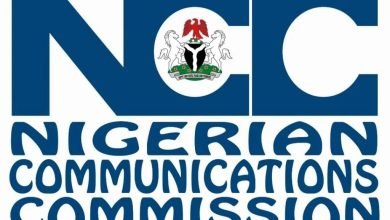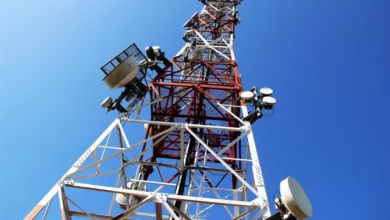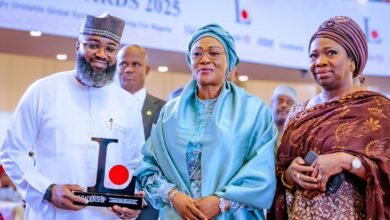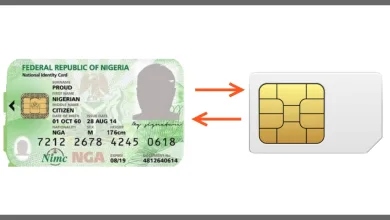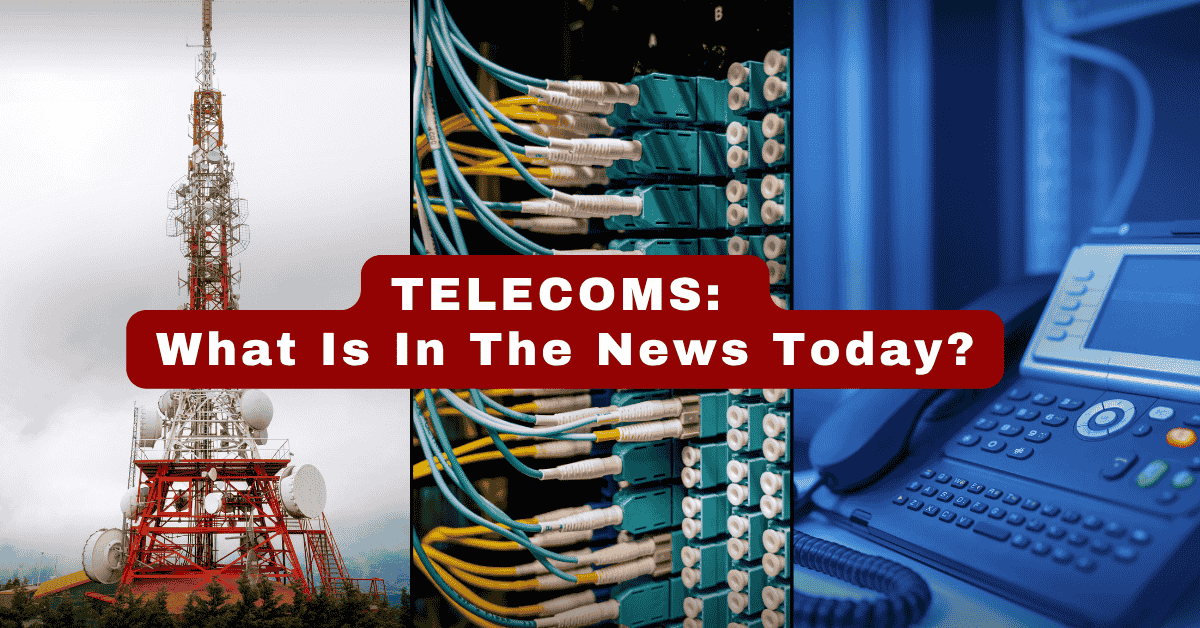
NCC Reviews Key Regulations to Strengthen Nigeria’s Communications Framework
The Executive Vice-Chairman of the Nigerian Communications Commission (NCC), Dr. Aminu Maida, has announced an ongoing review of several critical industry regulations during a public inquiry held in Abuja. The review covers licensing regulations, enforcement processes, and the Internet Code of Practice.
Represented by the Executive Commissioner, Stakeholder Management, Ms. Rimini Makama, Maida explained that the review is essential to aligning Nigeria’s regulatory environment with global best practices and to building a communications framework that supports all industry stakeholders. He emphasized that these regulations are foundational to maintaining the sector’s long-term viability.
A major highlight of the review is the revised Internet Code of Practice, designed in response to Nigeria’s rapidly evolving digital ecosystem. The updated code strengthens user protections and requires service providers to uphold the highest standards of ethical, technical, and operational conduct.
According to Maida, the enhanced provisions address crucial areas such as open internet access, cybersecurity, and data protection—ensuring a safer, more accountable, and inclusive digital landscape. The review reflects the NCC’s continued commitment to fostering innovation while safeguarding consumer interests.
NCC Moves to Eliminate Pre-Registered SIM Cards to Boost Digital Security
The NCC has introduced new stringent measures to eliminate the sale and use of pre-registered SIM cards, following heightened reports on the issue by local media on November 11, 2025. This directive forms part of broader national efforts to strengthen digital security and protect the integrity of Nigeria’s mobile identity ecosystem.
Dr. Maida described pre-registered SIM cards as a major cybersecurity threat, often exploited for fraud, identity theft, and illicit financial activity. To clamp down on their circulation, the NCC will intensify field inspections, sanction operators found complicit, and deepen cooperation with security agencies and the National Identity Management Commission (NIMC).
Maida noted that the newly updated Enforcement Procedures Regulations provide a stronger, more transparent framework for compliance monitoring, investigations, and sanctions. With Nigeria’s population now exceeding 220 million, he stressed the urgency of securing the communications environment against misuse.
The Commission says the new measures underscore its determination to create a safer digital ecosystem for all Nigerians.
IHS Towers Orders T2Mobile to Vacate 2,576 Sites Amid Contract Tensions
IHS Towers, a leading provider of shared communications infrastructure, has instructed T2Mobile (formerly 9mobile) to vacate 2,576 tower sites as part of a contractual review initiated in Q3 2025.
According to the company’s Q3 financial report, the directive stems from long-standing financial issues, including unresolved debt obligations attributed to T2Mobile. IHS also described the operator as its “smallest key customer” in Nigeria, signalling deepening strain in the partnership.
The development marks another setback for T2Mobile, which has been struggling to stabilize since its Etisalat-era challenges, including declining subscriber numbers, weakened market confidence, and persistent financial pressures.
As T2Mobile continues its rebranding and restructuring efforts, the loss of access to such a significant number of sites may further complicate its turnaround ambitions. Industry analysts note that the episode reinforces the importance of strong partnerships, financial discipline, and operational resilience in Nigeria’s competitive telecoms market.
State Governments Hold the Key to Accelerating Broadband Penetration
State governments continue to play a decisive role in Nigeria’s quest to deepen broadband penetration. While the NCC and the Federal Government set national policy direction, state-level decisions directly shape the cost, speed, and success of deploying fibre and other critical digital infrastructure.
Understanding this, the NCC has intensified engagement with state governments to address policy bottlenecks and strengthen collaboration—particularly around Right of Way (RoW) administration, taxation, security of infrastructure, and local approvals.
This coordinated approach supports Nigeria’s National Broadband Plan (NBP) 2020–2025, which targets 70% broadband penetration nationwide. The Commission insists that without the active buy-in of state governments, national targets will remain out of reach.
As Nigeria advances toward a fully digital economy, state governments will remain pivotal in creating the enabling environment required to expand connectivity. Greater cooperation at the subnational level can unlock investment, accelerate infrastructure rollout, and ensure millions more Nigerians benefit from the transformative power of broadband.

